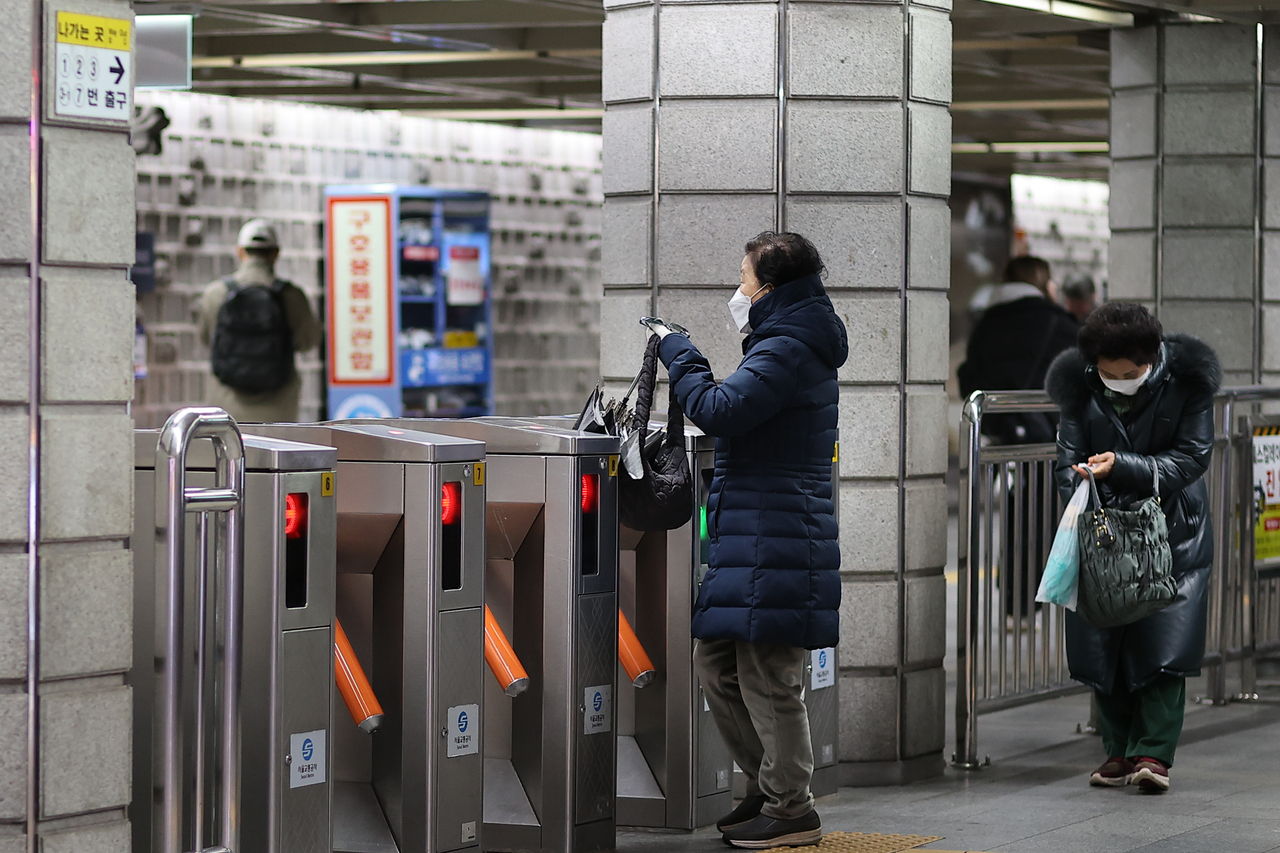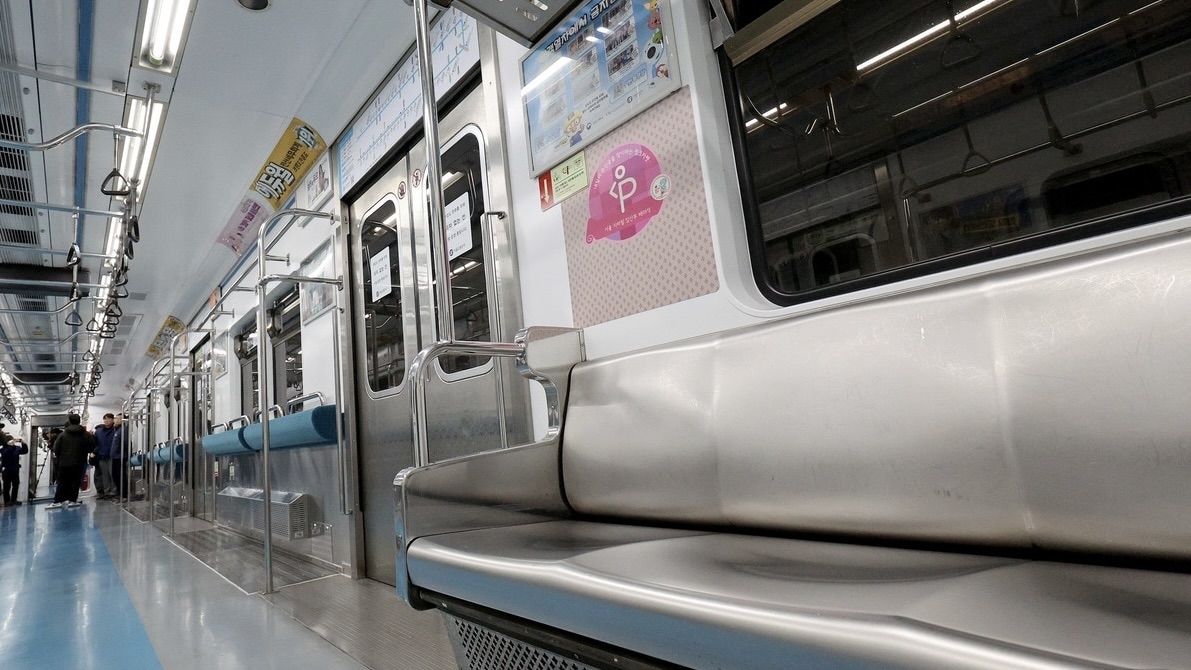
A majority of Seoul residents favor raising the minimum age for free subway rides, according to a new survey by the Seoul Metropolitan Council’s Transportation Committee.
The poll, conducted from Dec. 11-15, 2024, among 1,144 Seoul residents aged 19 and older, found that 64 percent support increasing the eligibility age, with most of them (76 percent) suggesting it be raised to 70 from the current 65.
The survey results highlighted concerns about the long-term sustainability of the policy. Among supporters of the change, 39 percent cited the financial burden on future generations, 37 percent pointed to shifting social views on aging, and 24 percent argued the policy is unfair, as seniors in cities without subways do not receive similar benefits.
Support for keeping the current system was strongest among respondents aged 70 and older, the primary beneficiaries, who made up 14.2 percent of those surveyed. The largest age groups surveyed were Seoul residents in their 50s (18.4 percent), followed by those in their 30s (17.7 percent), 40s (17.2 percent), and those in their 20s and 60s (16.3 percent each).
Aging population, financial strain
Seoul’s free subway rides for seniors aged 65 and older have been in place for over 40 years, offering unlimited subway travel. However, as the population ages and ridership grows, Seoul Metro reports annual losses of approximately 400 billion won ($278 million) due to the policy.

City and transit officials argue that these losses reduce funding for safety and infrastructure. Lee Eun-gi, head of Seoul Metro’s Management Support Office, noted that 17 percent of all subway passengers currently ride for free, warning, “The increase in free-ride losses without additional funding creates structural deficits.”
Public transit unions also raised concerns. Seoul Metro’s Allbaleun Union, which represents younger transit workers, warned that as more seniors qualify for free rides, the subway will face rising maintenance costs and more passenger complaints about falls and injuries.
Union chairman Song Si-young stressed, “Welfare issues are the government’s responsibility, not a public corporation’s.”
Senior advocacy groups strongly opposed any changes, arguing that the problem is not free rides but rather low fares. Lim Se-gyu, secretary general of The Korean Senior Citizens Association’s Seoul branch, rejected claims that seniors are responsible for the deficit. “Blaming us makes us feel like public enemies,” he said.
Instead, Lim called for expanded benefits, including free bus rides for seniors -- similar to policies in Daejeon -- and suggested extending free bus transit to those 75 and older.
Amid financial concerns, city officials say the central government should help subsidize the costs, as is common in other countries. Park Ju-seon, head of Seoul’s Urban Railway Division, pointed out that while annual subway operating costs total 2.9 trillion won ($2.02 billion), fare revenue covers only 1.9 trillion won ($1.32 billion).
“The deficit isn’t just about free rides — it’s also due to low fares,” he said.
mjh@heraldcorp.com






